1941: The 99th Flying Training Squadron, the March on Washington Movement, the Montford Point Marine Association, the Nadir of American Race Relations, White Allies & Influential Black Americans
The 99th Flying Training Squadron is formed during World War II as the first flying unit for Black Americans.
Known as the Tuskegee Airmen, the unit served with distinction in the European Theater of Operations.
The March on Washington Movement organized by activists A. Philip Randolph and Bayard Rustin was a tool designed to pressure the U.S. government into providing fair working opportunities for Black Americans and desegregating the armed forces by threat of mass marches on Washington, D.C. during World War II.
When President Roosevelt issued Executive Order 8802 in 1941, prohibiting discrimination in the defense industry under contract to federal agencies, Randolph and collaborators called-off the initial march.
Randolph continued to promote non-violent actions to advance goals for Black Americans.
Future civil rights leader Martin Luther King Jr. and other younger men were strongly influenced by Randolph and his ideals and methods.
The Montford Point Marine Association is a nonprofit military veterans' organization, founded to memorialize the legacy of the first Black Americans to serve in the United States Marine Corps.
The first Black American U.S. Marines were trained at Camp Montford Point, in Jacksonville, North Carolina, from 1941 to 1949.
The nadir of American race relations was the period in Black American history and the history of the United States from the end of Reconstruction in 1877 through the early 20th century, when racism in the country, especially anti-Black racism, was more open and pronounced than it had ever been during any other period in the nation's history.
During this period, Black Americans lost access to many of the civil rights which they had gained during Reconstruction.
Anti-Black violence, lynchings, segregation, legalized racial discrimination, and expressions of white supremacy all increased.
1941 is supposedly when this period ends, though this has been disputed by some historians.
Mississippi pioneer of the Civil Rights Movement, a professional nursing educator and US Air Force Reserve officer, Raylawni Branch, born
She is best known for her leading role in the integration of the University of Southern Mississippi (Hattiesburg) in 1965, which was peaceful as opposed to the violent riot triggered by white racism after the enrollment of James Meredith at the University of Mississippi (Oxford) in 1962.
Diplomat to Eritrea, William Davis Clarke, born
The first Black American woman to become a gastroenterologist in the United States, Sadye Curry, born.
She is also the first Black American to do postgraduate studies at Duke University Medical Center.
Mechanical engineer, consultant, civic commentator, and teacher of engineering, James H. Williams Jr., born.
He is currently Professor of Applied Mechanics in the Mechanical Engineering Department at the Massachusetts Institute of Technology (MIT) [down the street from where my family lived until 1992]
He is regarded as one of the world's leading experts in the mechanics, design, fabrication, and nondestructive evaluation (NDE) of nonmetallic fiber reinforced composite materials and structures.
He is also Professor of Writing and Humanistic Studies at MIT.
Williams began his career in 1960 as an apprentice machinist at the Newport News Shipbuilding and Dry Dock Company.
Within eight years, he graduated from The Apprentice School, earned SB and SM engineering degrees from MIT, and returned to the Shipyard as a senior design engineer.
Within another two years, he earned a PhD from the University of Cambridge, where he conducted theoretical elasticity and shell theory.
He then chose to join the faculty at MIT, where he has spent the bulk of his career.
January 3, 1941: Civil rights activist and member of the Greensboro Four, Franklin McCain, born.
McCain, along with fellow North Carolina A&T State University students Ezell Blair Jr., Joseph McNeil and David Richmond, staged a sit-in protest at the Woolworth lunch counter in Greensboro, North Carolina, on February 1, 1960 after they were refused service due to the color of their skin.
Their actions were credited with launching the Greensboro sit-ins, a massive protest across state lines involving mostly students who took a stand against discrimination in restaurants and stores by refusing to leave when service was denied to them.
The sit-ins successfully brought about the reversal of Woolworth's policy of racial segregation in their southern stores, and increased national sentiment to the fight of Black Americans in the South.
January 7, 1941: Former United States Air Force pilot, military engineer, test pilot, and NASA astronaut as well as former NASA Deputy Administrator, Frederick D. Gregory, born
January 9, 1941: Singer, songwriter, musician, and activist, Joan Baez, born (click on link to listen to music).
Her contemporary folk music often includes songs of protest and social justice.
In 1958, after Baez graduated from high school, her father accepted a faculty position at MIT and moved his family from the San Francisco area to Boston, Massachusetts.
At that time, it was in the center of the up-and-coming folk-music scene, and Baez began performing near home in Boston and nearby Cambridge [where my family lived until 1992]
She also performed in clubs and attended Boston University for about six weeks [where I attended my freshman year]
In 1956, Baez first heard Martin Luther King Jr. speak about nonviolence, civil rights and social change in a speech that brought tears to her eyes.
Several years later, the two became friends, with Baez participating in many of the Civil Rights Movement demonstrations that King helped organize.
The early years of Baez's career saw the Civil Rights Movement in the U.S. become a prominent issue.
Her performance of “We Shall Overcome,” the civil rights anthem written by Pete Seeger and Guy Carawan, at the 1963 March on Washington for Jobs and Freedom permanently linked her to the song.
Baez again sang “We Shall Overcome” in Sproul Plaza during the mid-1960s Free Speech Movement demonstrations at the University of California, Berkeley and at many other rallies and protests.
Her recording of the song “Birmingham Sunday” (1964), written by her brother-in-law, Richard Fariña, was used in the opening of 4 Little Girls (1997), Spike Lee's documentary film about the four young victims killed in the 1963 16th Street Baptist Church bombing.
In 1965, Baez announced that she would be opening a school to teach nonviolent protest.
She also participated in the 1965 Selma to Montgomery marches for voting rights.
In November 2017, as part of a release of documents from the National Archives that were supposed to relate to the assassination of John F. Kennedy, a 1968 FBI report alleged that Baez was involved in the 1960s in an intimate affair with Dr. Martin Luther King, an accusation described by history professor Clayborne Carson, the director of the Martin Luther King Jr. Research and Education Institute and a Stanford University, as “part of a smear campaign” against King.
January 13, 1941: The U.S. Army establishes the 758th Tank Battalion as the first Black armored unit
January 14, 1941: Civil rights activist, education reform advocate, and academic, Howard Fuller, born.
He is best known for the community organizing work he did in Durham, North Carolina, as an employee of Operation Breakthrough, and as a co-founder of the Malcolm X Liberation University in 1969.
In the 1970s, Fuller adopted the name Owusu Sadaukai, organized several national African Liberation Day celebrations, and was one of the foremost advocates of Pan-Africanism in the United States.
Decades later, Fuller rose again to national prominence as one of the leading advocates for school vouchers.
He served as the superintendent of Milwaukee Public Schools from 1991-1995 and is currently a distinguished professor of education, and founder/director of the Institute for the Transformation of Learning at Marquette University in Milwaukee, Wisconsin.
Fuller's unique style of activism enabled him to become one of the most significant civil rights leaders in North Carolina from around 1965 to 1975 [the year I was born]
His evolving, complicated, and at times contradictory ideological positions throughout his career, however, also mirror many of the debates and conflicts of the Black freedom struggle of the 1960s, '70s and beyond.
January 21, 1941: Singer-songwriter and guitarist, Richie Havens, born (click on link to listen to music)
January 24, 1941: R&B and soul singer, Aaron Neville, born (click on link to listen to music)
January 29, 1941: Educator, academic administrator, and businessman who served as president of Hampton University, William R. Harvey, born
January 29, 1941: Poet, writer, activist, journalist, lecturer, former child actor and white woman ally, Robin Morgan, born.
Since the early 1960s, she has been a key radical feminist member of the American Women's Movement, and a leader in the international feminist movement.
Her 1970 anthology Sisterhood Is Powerful was cited by the New York Public Library as “One of the 100 Most Influential Books of the 20th Century.”
She has written more than 20 books of poetry, fiction, and nonfiction, and was editor of Ms. Magazine.
During the 1960s, she participated in the civil rights and anti-Vietnam War movements; in the late 1960s, she was a founding member of radical feminist organizations such as New York Radical Women and W.I.T.C.H.
She founded or co-founded the Feminist Women's Health Network, the National Battered Women's Refuge Network, Media Women, the National Network of Rape Crisis Centers, the Feminist Writers' Guild, the Women's Foreign Policy Council, the National Museum of Women in the Arts, the Sisterhood Is Global Institute, GlobalSister.org, and Greenstone Women's Radio Network.
She also co-founded the Women's Media Center with activist Gloria Steinem and actor/activist Jane Fonda.
In 2018, she was listed as one of BBC's 100 Women.
February 5, 1941: Singer and songwriter, Barrett Strong, born (click on link to listen to music)
February 7, 1941: Civil rights activist, Dion Diamond, born.
Diamond attended Harvard University in Cambridge, Massachusetts [where my family lived until 1992], where he got involved with race relations and sociology.
He was typically the only Black student in his classes at Harvard, where students and professors would always defer to him when talking about race relations.
February 8, 1941: Writer, historian, educator, journalist, musician, and screenwriter from West Virginia, Drusilla Dunjee Houston, dies
February 10, 1941: The 93rd Engineer General Service Regiment is established as a segregated general services regiment of the United States Army.
It was activated at Camp Livingston, Louisiana.
The 93rd was one of several Army units composed entirely of Black enlisted personnel that constructed the Alaska-Canada highway.
February 15, 1941: Songwriter and record producer, Brian Holland, born
February 17, 1941: Politician, Wellington Webb, born.
He served in the Colorado House of Representatives and was the first Black American mayor of Denver, Colorado, serving from 1991 to 2003.
He served as a Democrat.
February 19, 1941: A Black American man who was shot and killed by LAPD officer Jerold M. Bova after allegedly speeding and running red lights while driving his wife, who was in labor, to the hospital, Leonard Deadwyler, born.
February 21, 1941: Architect, Walter T. Bailey, dies.
He was the first Black American graduate with a bachelor of science degree in architectural engineering from the University of Illinois at Urbana-Champaign and the first licensed Black American architect in the state of Illinois.
He worked at the Tuskegee Institute, and practiced in both Memphis and Chicago.
Walter T. Bailey became the second Black American that graduated from the University of Illinois.
February 21, 1941: Pianist, writer, and educator of music, Harriett Gibbs Marshall, dies
February 22, 1941: Minister, author and philosopher, Thomas Nelson Baker Sr., dies from accidental gas poisoning at home.
Born into slavery, Baker was the first Black American to receive a PhD in philosophy in the United States.
In 1890, he entered Boston University [where I completed my freshman year] and graduated three years later as the valedictorian of his class.
He then studied at Yale Divinity School, where he earned a degree, and was ordained as a minister at a Congregational Church on Dixwell Avenue in New Haven.
He continued at Yale, where he was awarded a Ph.D. in philosophy in 1903.
His dissertation topic: “The Ethical Significance of the Connection Between Mind and Body.”
February 28, 1941: Aviation pioneer, medal winner, electrical engineer, and businessman, Charles W. Chappelle, dies
February 28, 1941: Architect and educator, Wallace Rayfield, dies.
He was the second formally educated practicing Black American architect in the United States.
March 2, 1941: Physician and public health administrator, David Satcher, born
March 8, 1941: Buffalo Soldier in the United States Army and a recipient of America's highest military decoration, the Medal of Honor, William McBryar, dies
March 16, 1941: Former member of the Nation of Islam who assassinated Malcolm X in 1965, Thomas Hagan, born
March 18, 1941: Singer and songwriter, Wilson Pickett, born (click on link to listen to music)
March 22, 1941: The first Black American officer in the United States Navy to become a four-star admiral, J. Paul Reason, born
March 26, 1941: Dean of the College Department at Tuskegee Institute and two-time president of the National Association of Teachers in Colored Schools, William T.B. Williams, dies
April 17, 1941: Composer and educator, Adolphus Hailstork, born
April 20, 1941: Historian, professor of history and white woman ally, Blanche Wiesen Cook, born
April 20, 1941: Civil rights activist and one of the Greensboro Four, David Richmond, born.
Richmond was a student at North Carolina A&T during the time of the Greensboro protests, but never ended up graduating from A&T.
He felt pressure from the residual celebrity of being one of the Greensboro Four; his life was threatened in Greensboro and he was forced to move to Franklin, NC.
Eventually, he moved back to Greensboro to take care of his father.
Richmond was awarded the Levi Coffin Award for leadership in human rights by the Greensboro Chamber of Commerce in 1980.
Richmond seemed to be haunted by the fact that he could not do more to improve his world, and battled alcoholism and depression.
He died in 1990 and was awarded a posthumous honorary doctorate degree from North Carolina A&T.
April 23, 1941: Journalist, opinion columnist, newspaper editor, political activist and white male ally, Charles Edward Russell, dies.
In 1909, Russell was one of the 63 people who worked together to found the National Association for the Advancement of Colored People (NAACP), formed in the aftermath of a race riot at Springfield, Illinois, in August 1908.
Russell's participation in the founding of the NAACP stemmed from his experiences with violence and racism as a child.
One of the most memorable experiences included his father nearly being hanged simply for opposing slavery.
Russell served and participated on the board of directors for the NAACP for the remainder of his life.
May 10, 1941: Scientist, writer, researcher, scholar in the Nation of Islam, Tynnetta Muhammad, born.
May 24, 1941: Singer-songwriter and white male ally, Bob Dylan, born (click on link to listen to music).
Dylan was prominent in the Civil Rights Movement, singing at the March on Washington on August 28, 1963.
Dylan's third album, The Times They Are a-Changin', reflected a more politicized Dylan.
The songs often took as their subject matter contemporary stories, with “Only a Pawn in Their Game” addressing the murder of civil rights worker Medgar Evers; and the Brechtian “The Lonesome Death of Hattie Carroll” the death of Black hotel barmaid Hattie Carroll, at the hands of young white socialite William Zantzinger.
June 2, 1941: Diplomat, Anne Forrester Holloway, born
June 2, 1941: Professor Emerita of American History at Columbia University and white woman ally, Alice Kessler-Harris, born.
She is also the former president of the Organization of American Historians, and specialist in the American labor and comparative and interdisciplinary exploration of women and gender.
June 14, 1941: Member of the Seattle City Council, Richard McIver, born
June 14, 1941: Novelist, short story writer, memoirist, and essayist, John Edgar Wideman, born.
[He is the father of Jamila Wideman, a lawyer, activist, and former professional basketball player for the WNBA with whom I graduated Amherst Regional High School in 1993]
In 1986, Wideman joined the faculty of the University of Massachusetts at Amherst [my alma mater], where the prominent author James Baldwin was a visiting member of the faculty.
Wideman taught in the MFA Program for Poets and Writers.
In 2001, the University of Massachusetts appointed Wideman a Distinguished Professor.
June 16, 1941: The Ethiopian flag is raised over the Debra Marcos, a captured Italian fort.
The Ethiopian emperor Haile Selassie had gone into exile in 1936.
With the help of the British, he returned with the liberation of his country from Italy.
June 16, 1941: Singer, songwriter, and record producer, Lamont Dozier, born (click on link to listen to music)
June 20, 1941: United States Army Air Forces established
June 22, 1941: Broadcast journalist and news anchor best known for his reporting on 60 Minutes and CBS News, Ed Bradley, born.
Bradley covered the 1964 Philadelphia race riot and interviewed Martin Luther King Jr.
June 25, 1941: Executive Order 8802 prohibits ethnic or racial discrimination in the nation's defense industry, including in companies, unions, and federal agencies
June 29, 1941: Prominent organizer in the Civil Rights Movement and the global pan-African movement, Stokely Carmichael, born
See you on Wednesday for another edition of personal family history [for paying subscribers]!

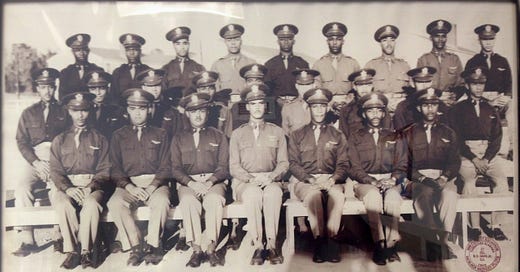



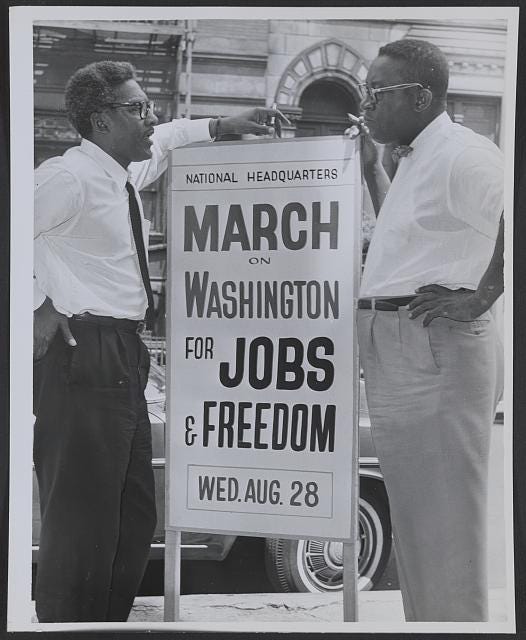
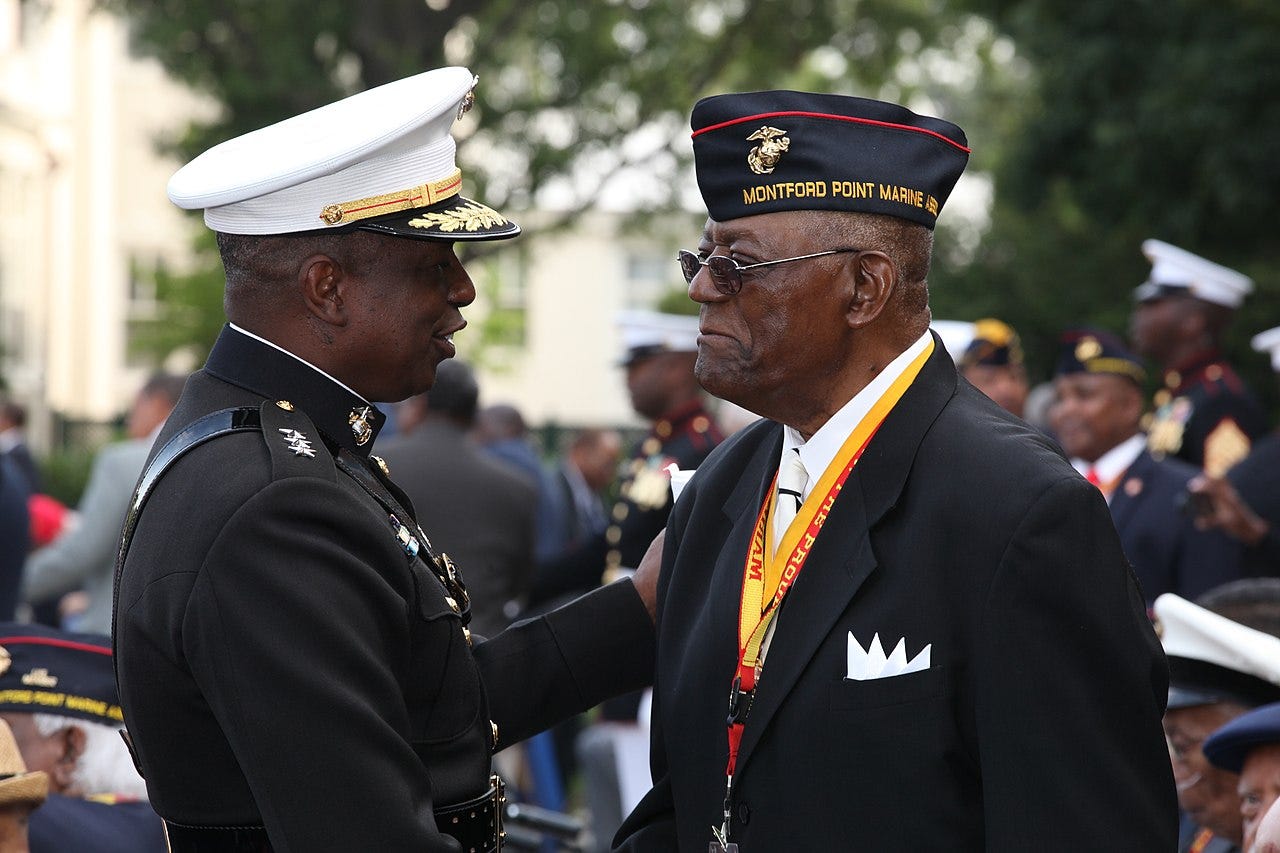
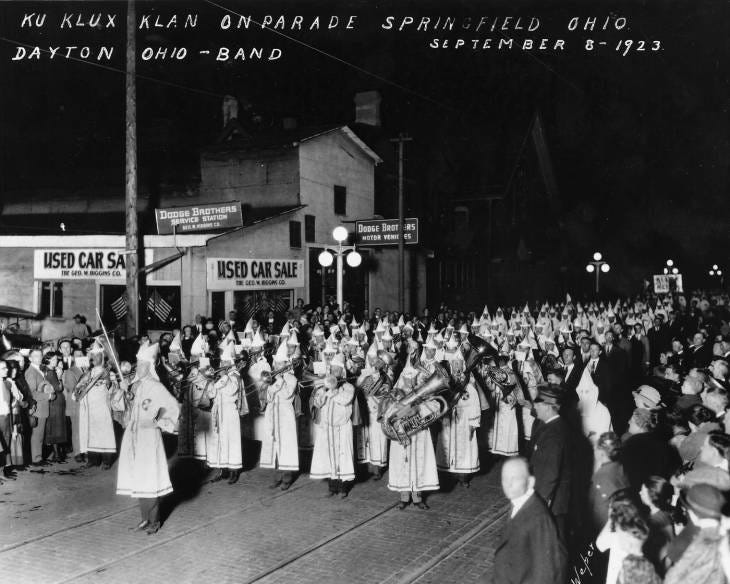

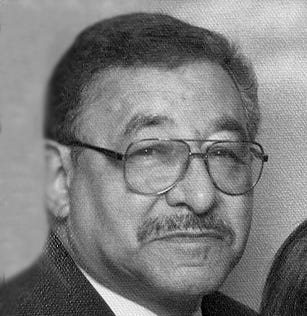
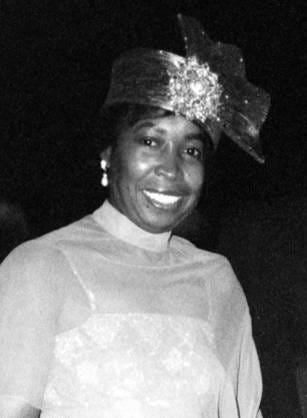
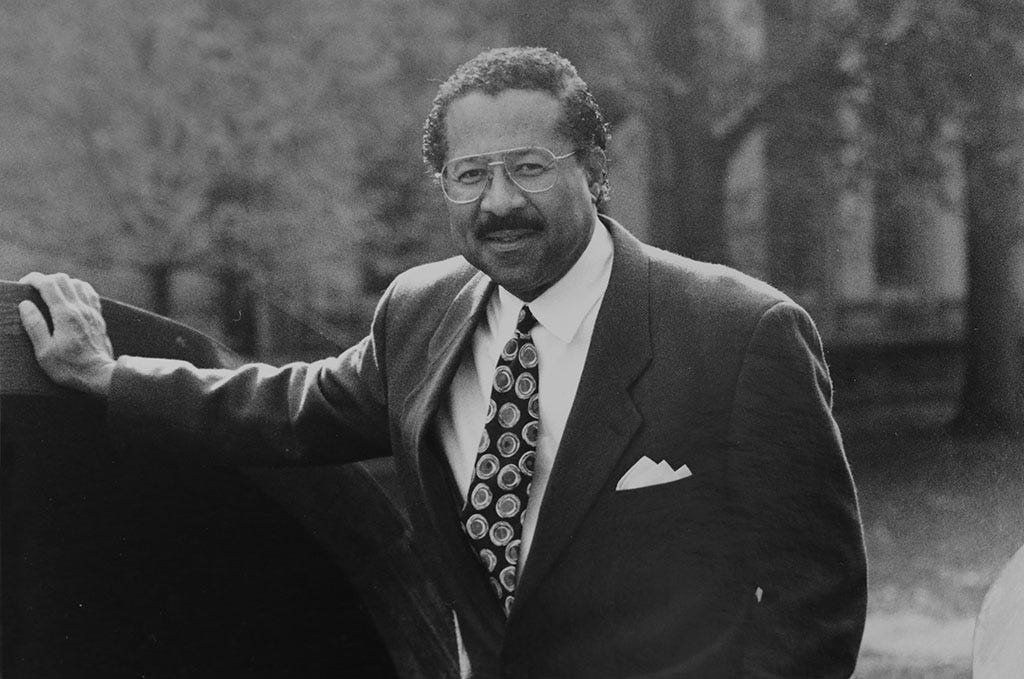
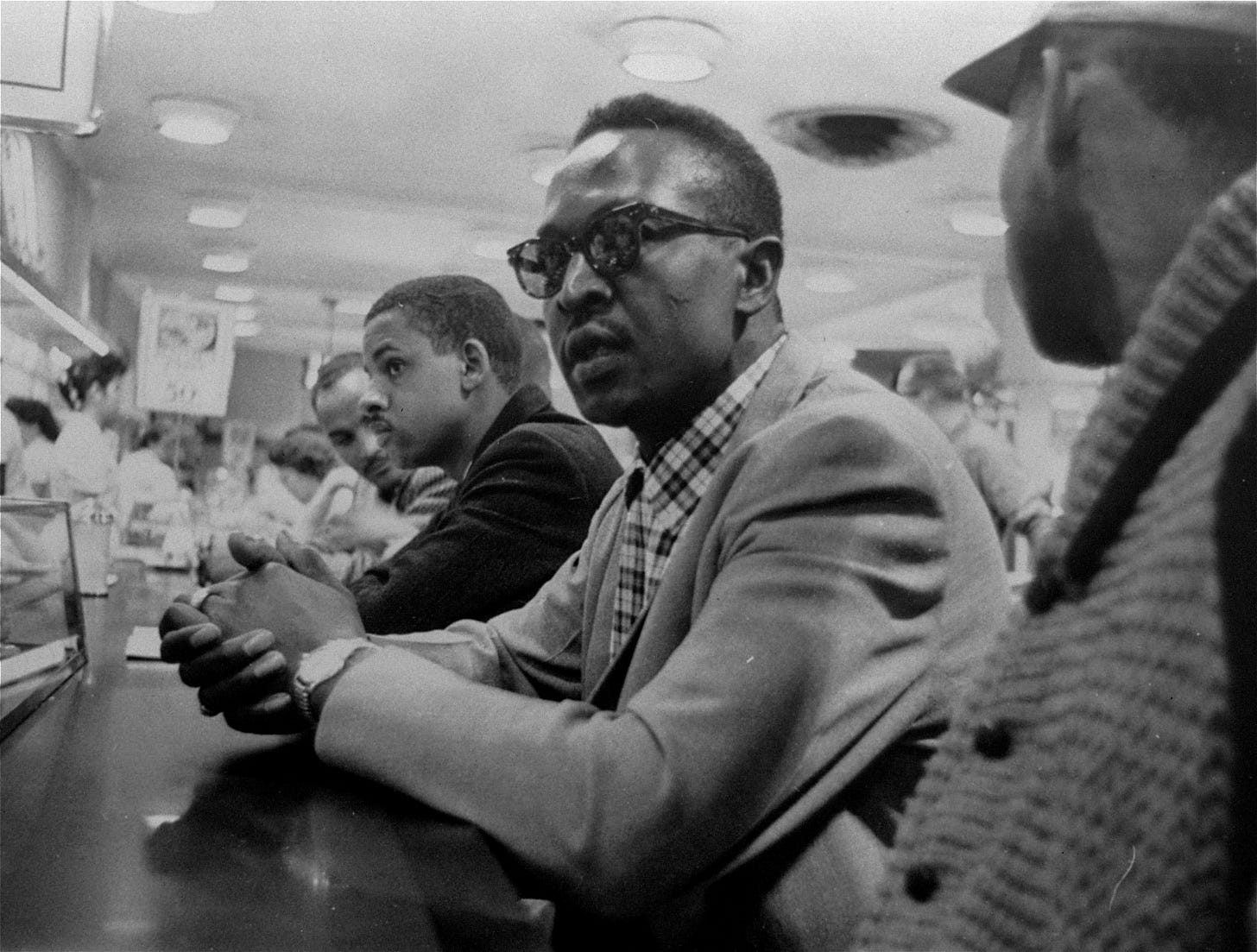
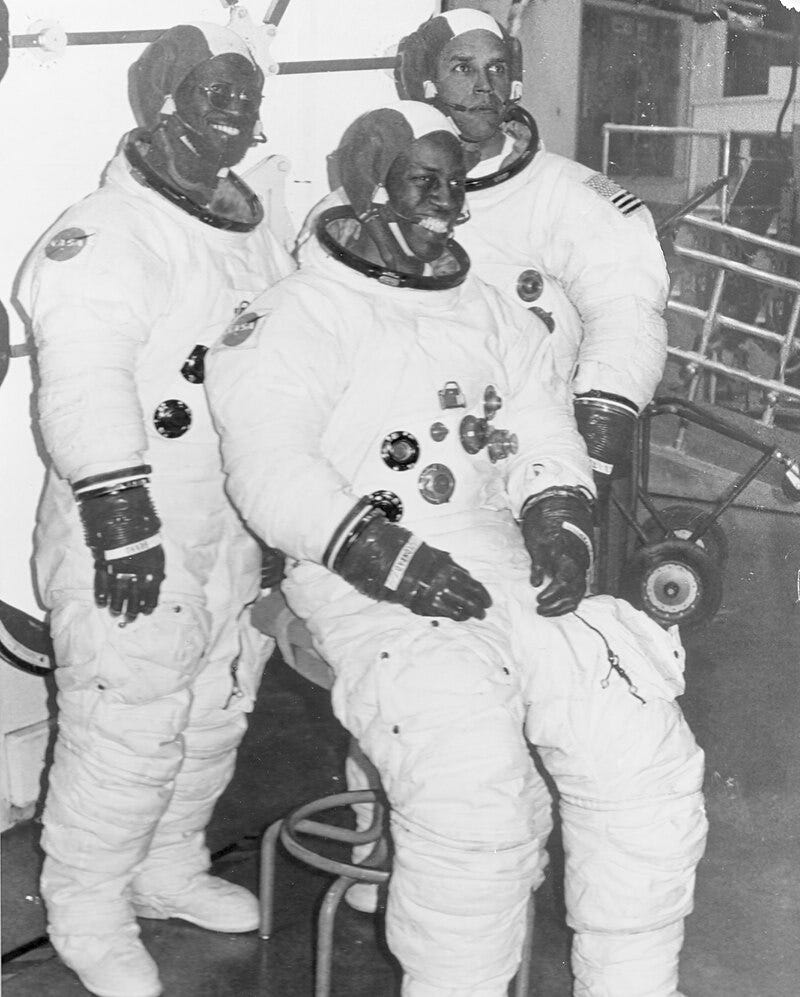
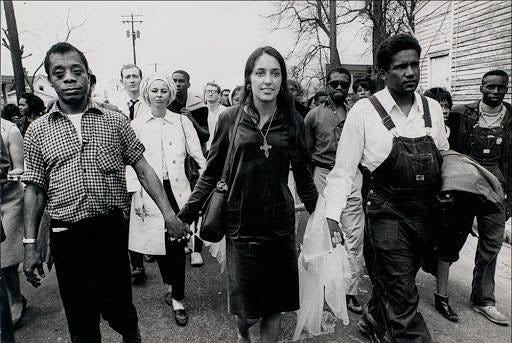


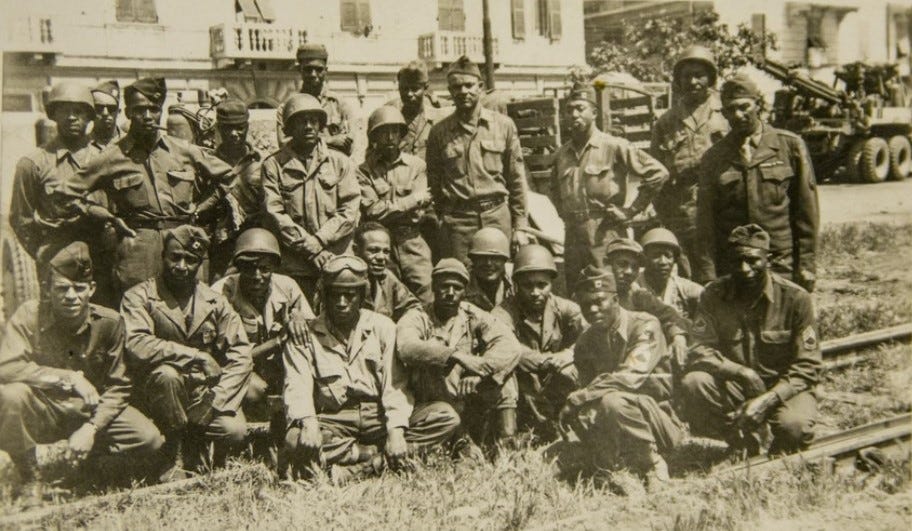

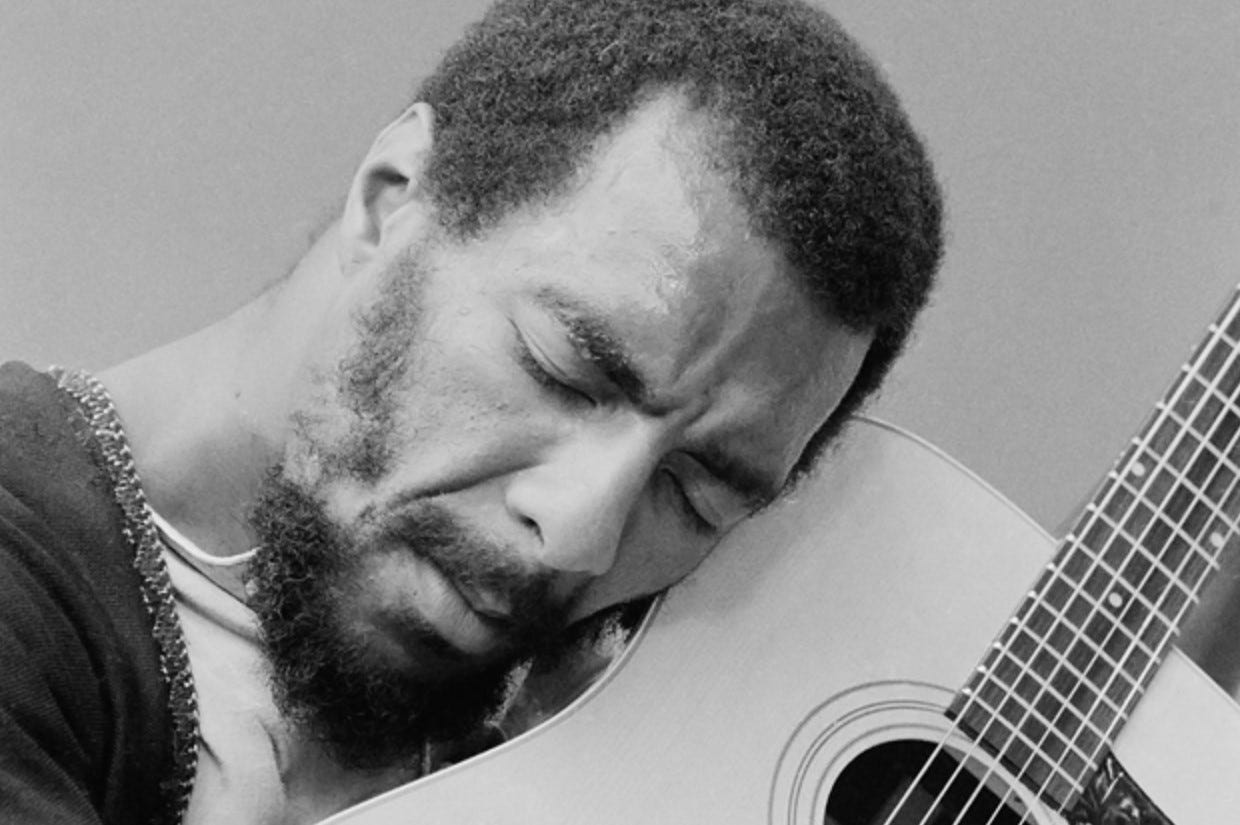
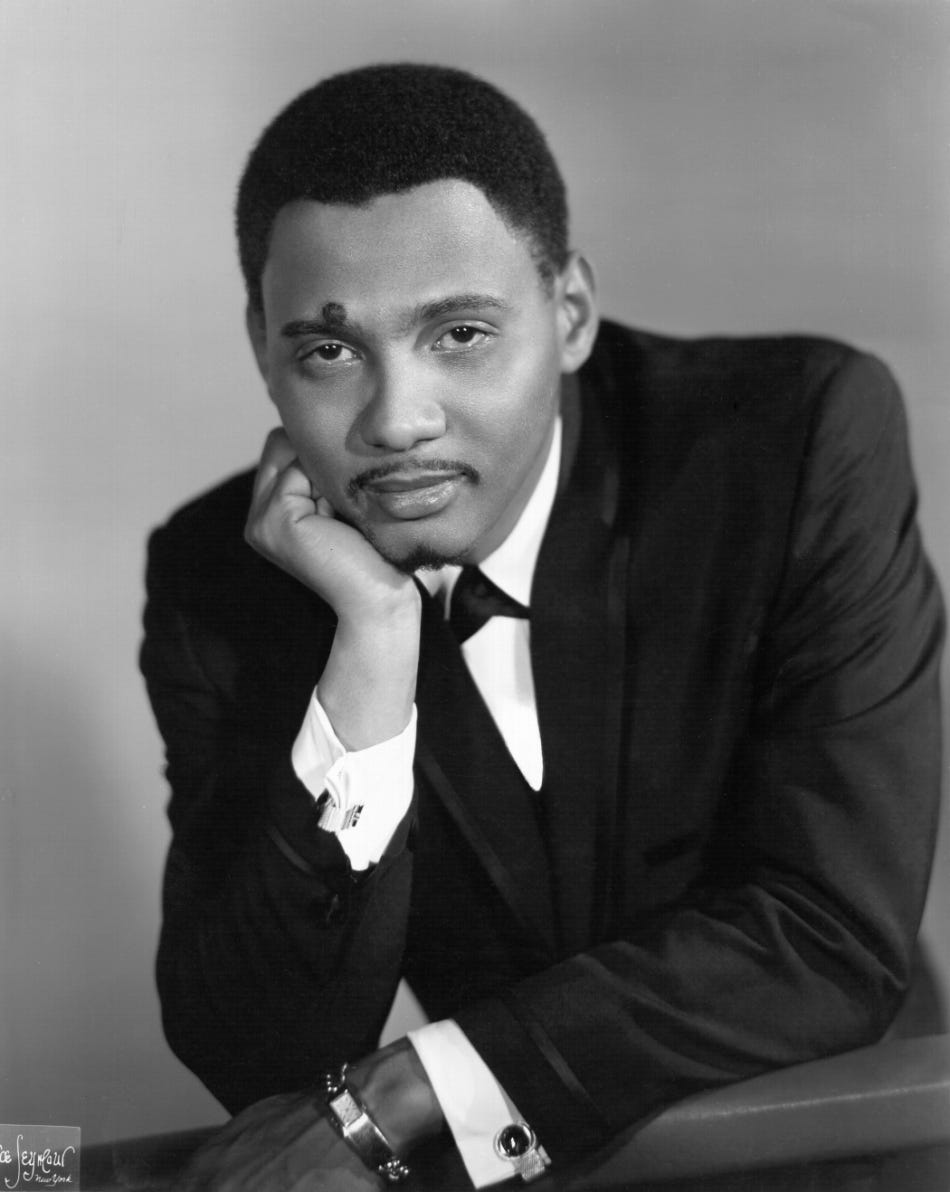
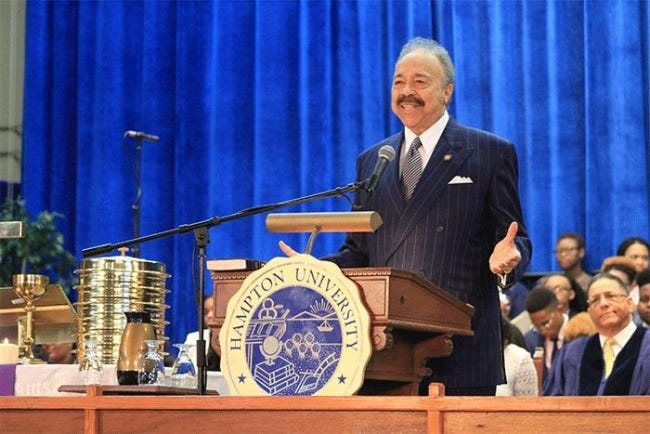

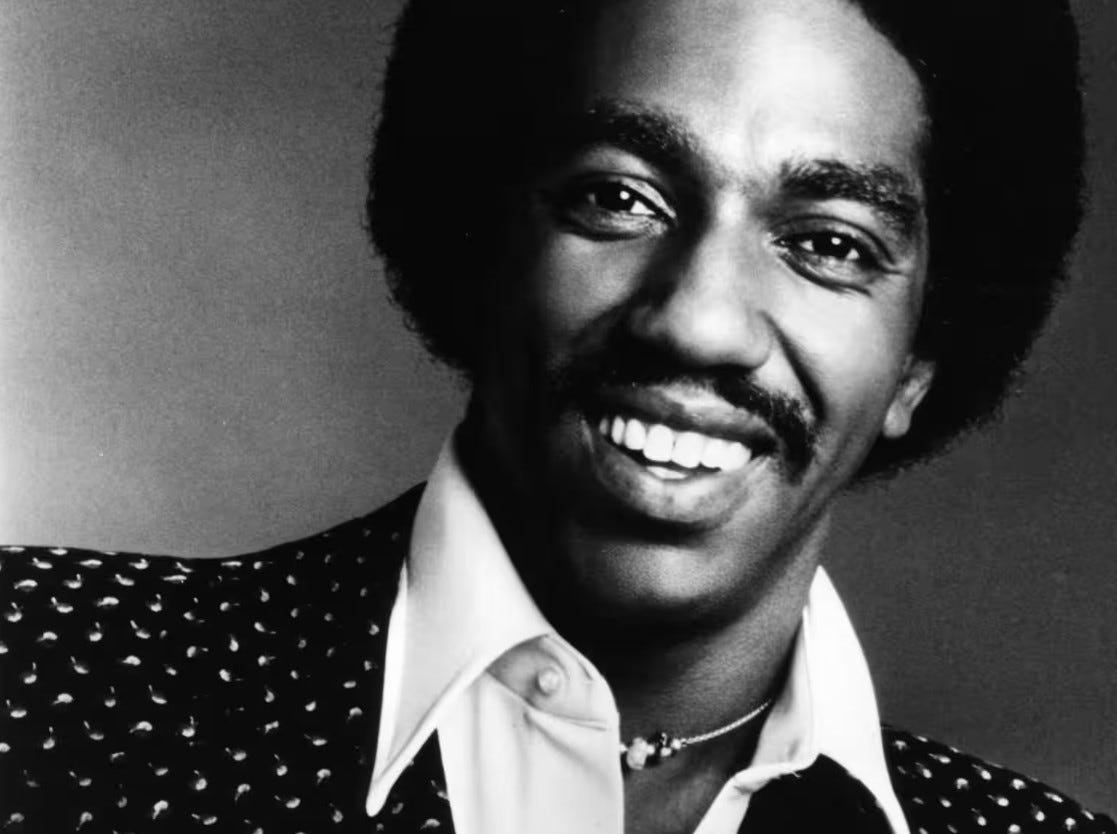
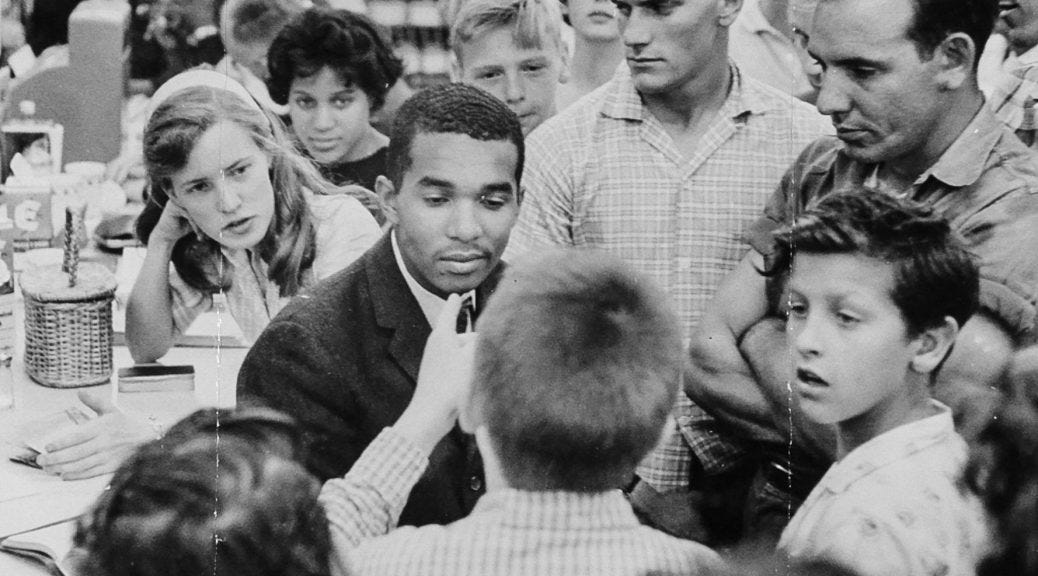
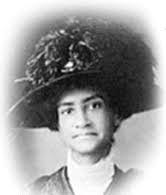
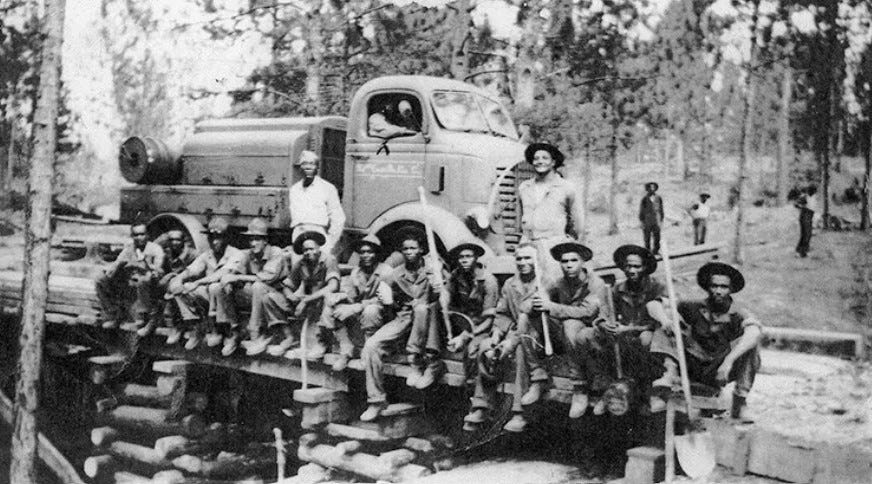
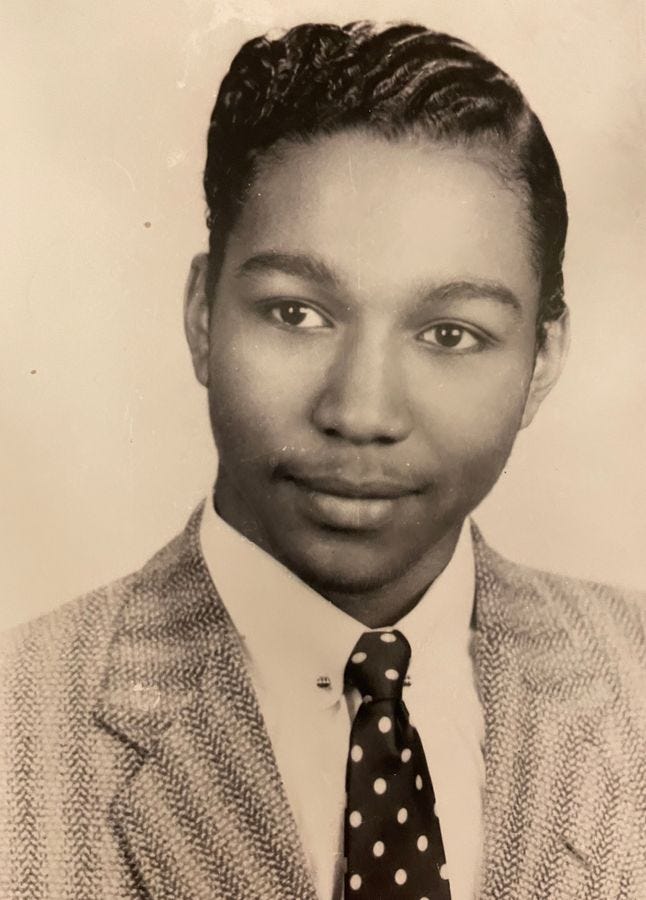
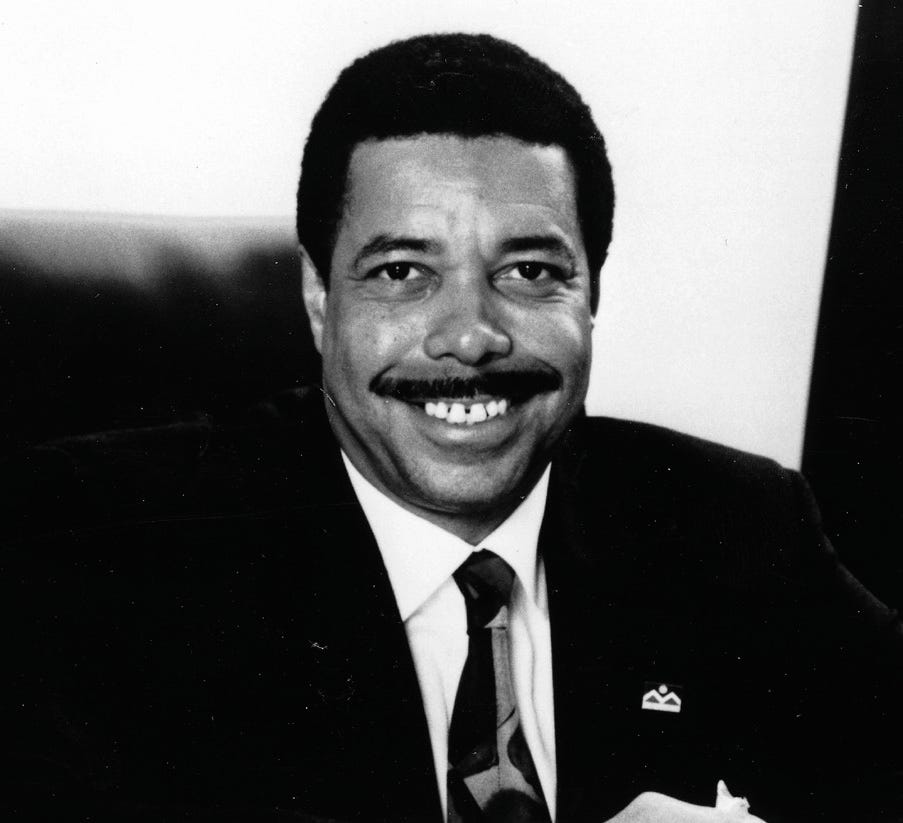
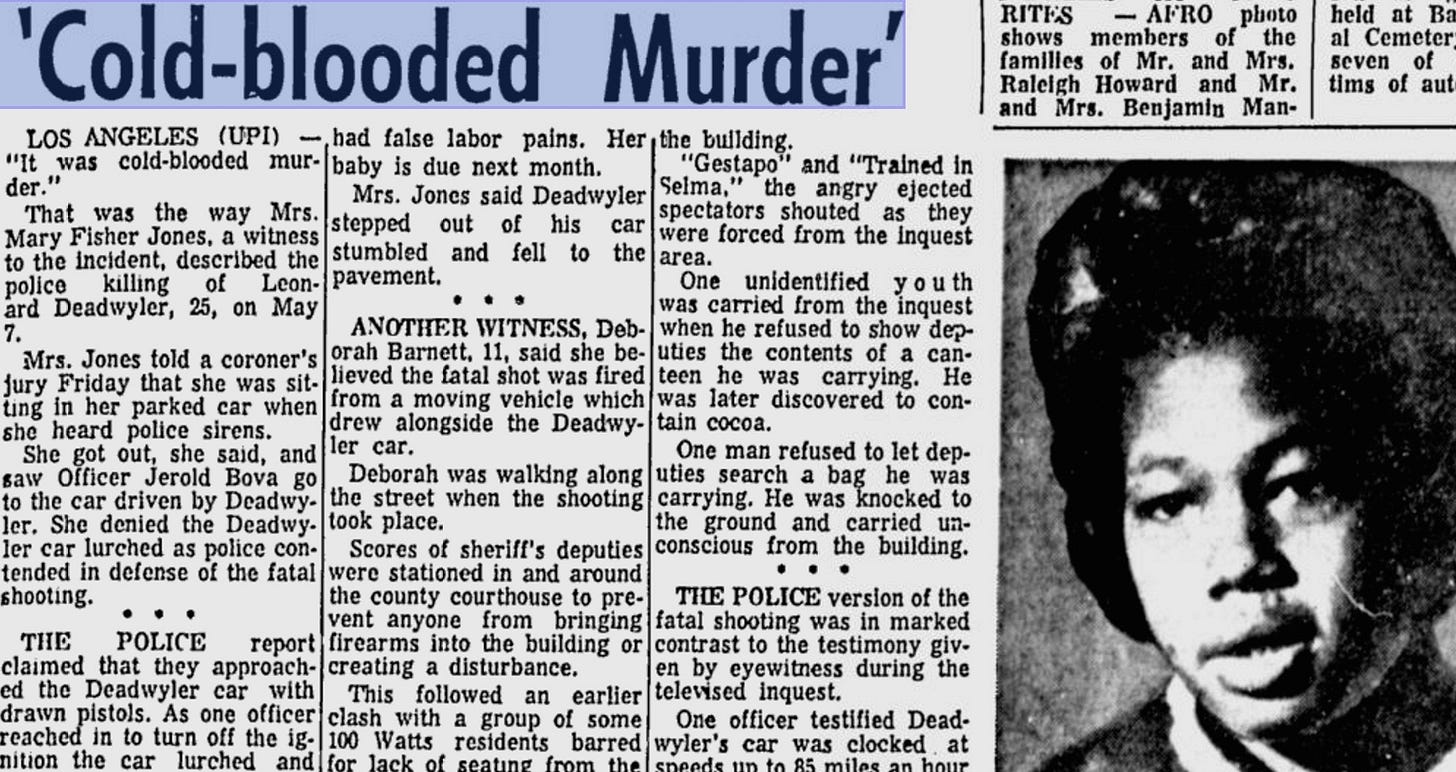
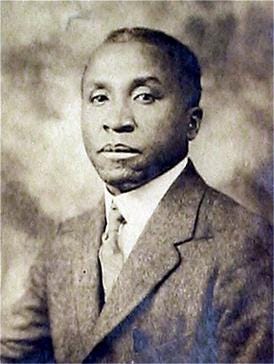



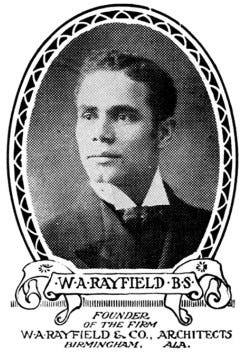
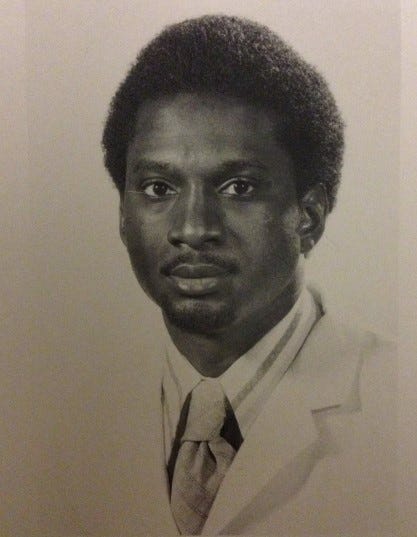
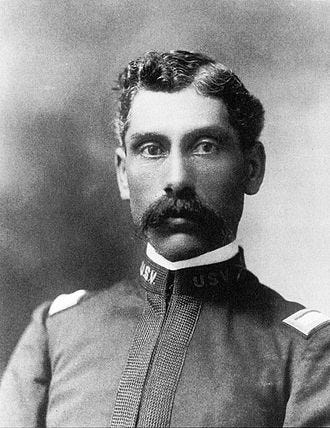

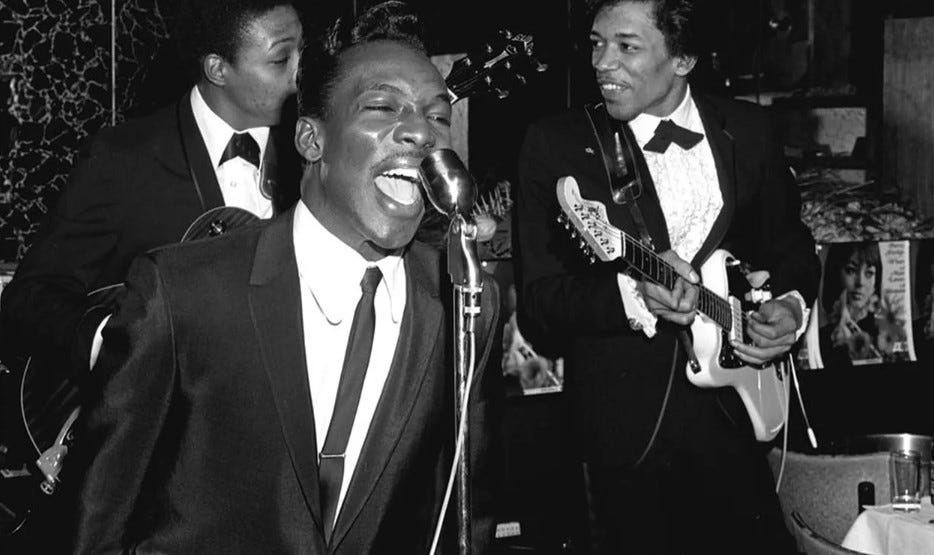
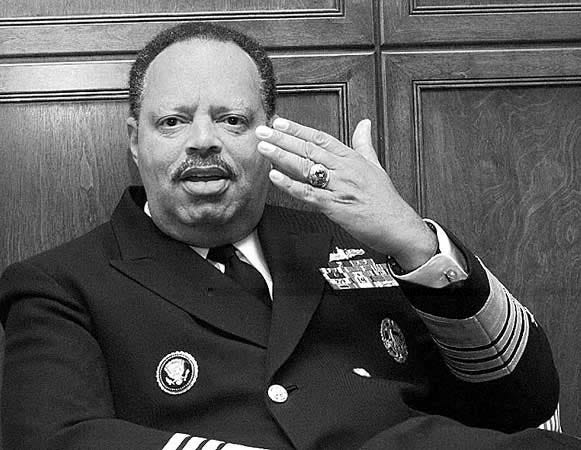
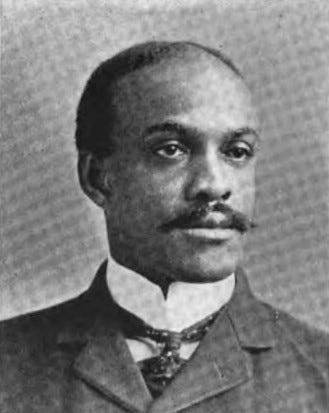
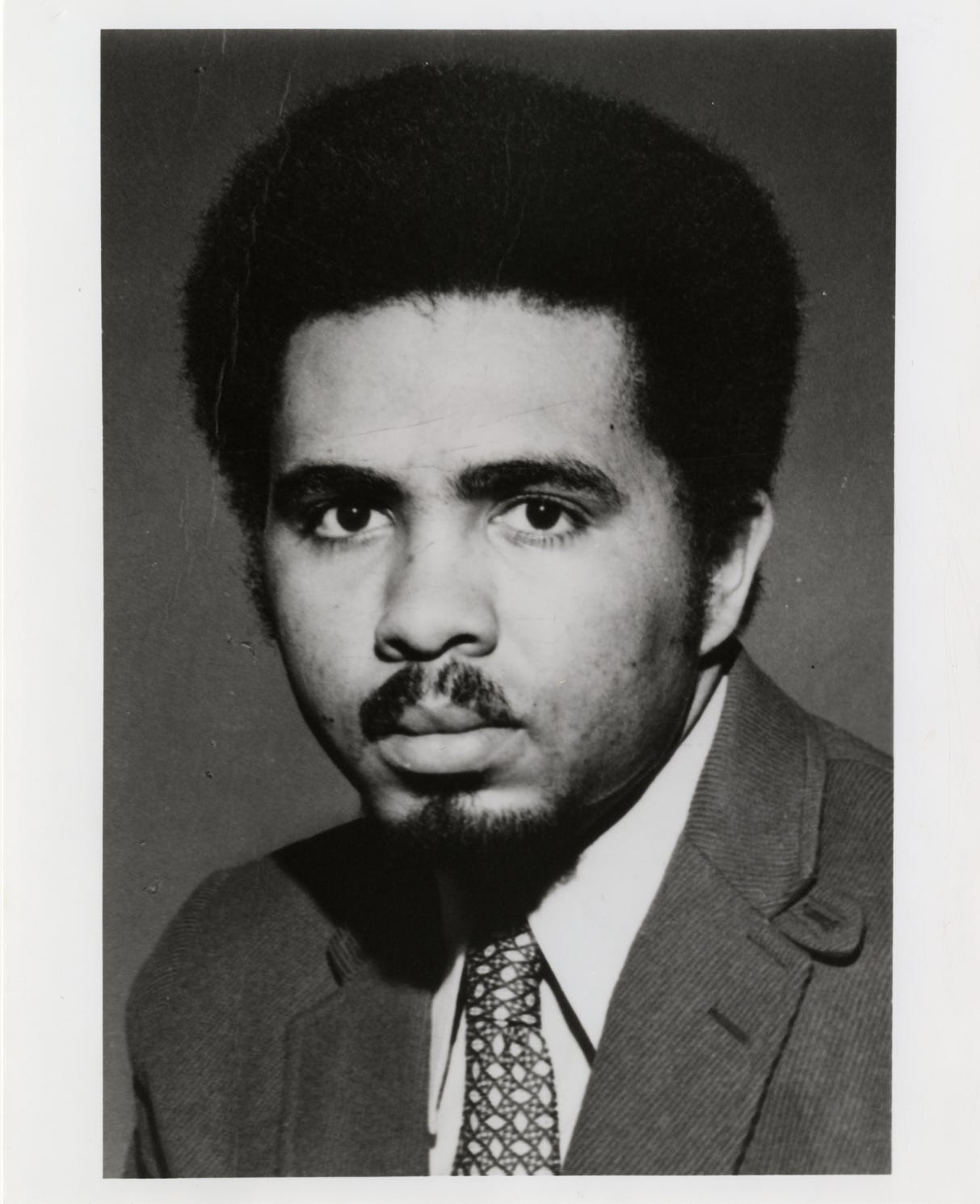





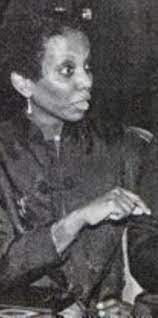

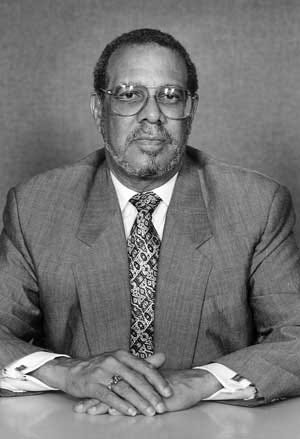
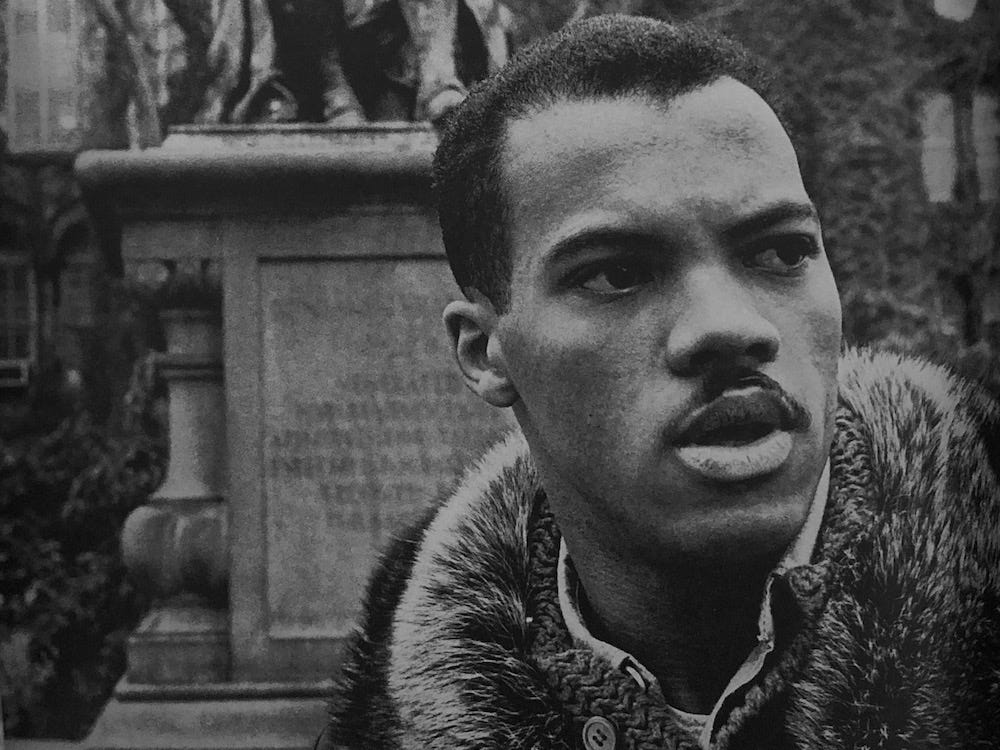
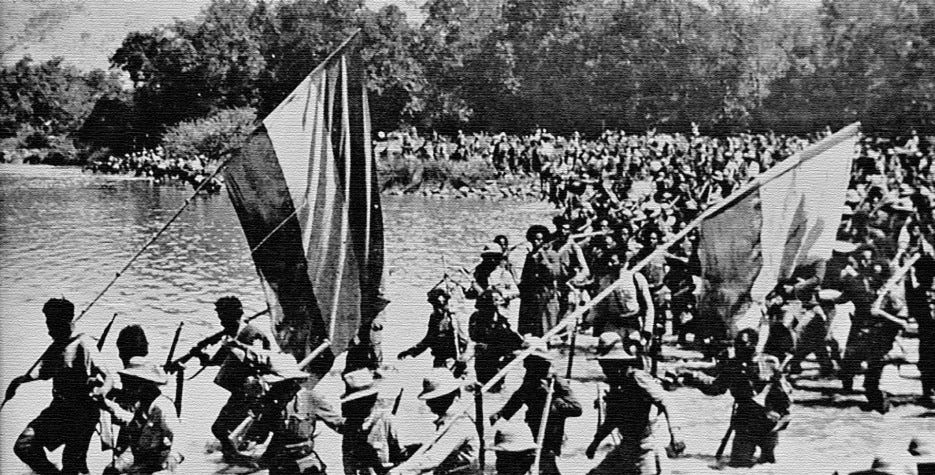
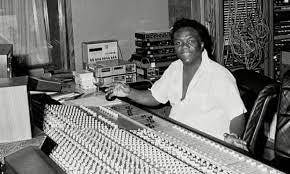

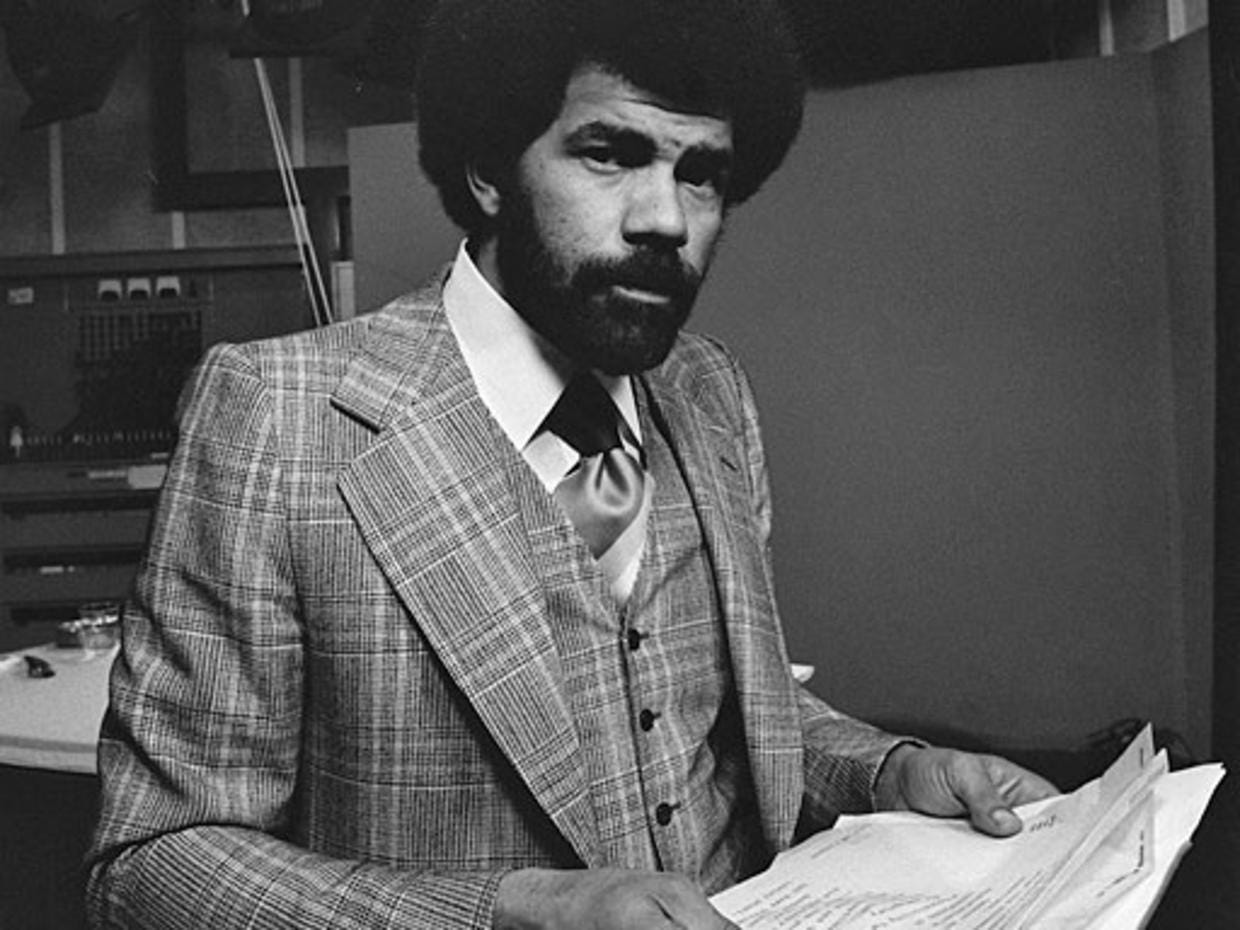

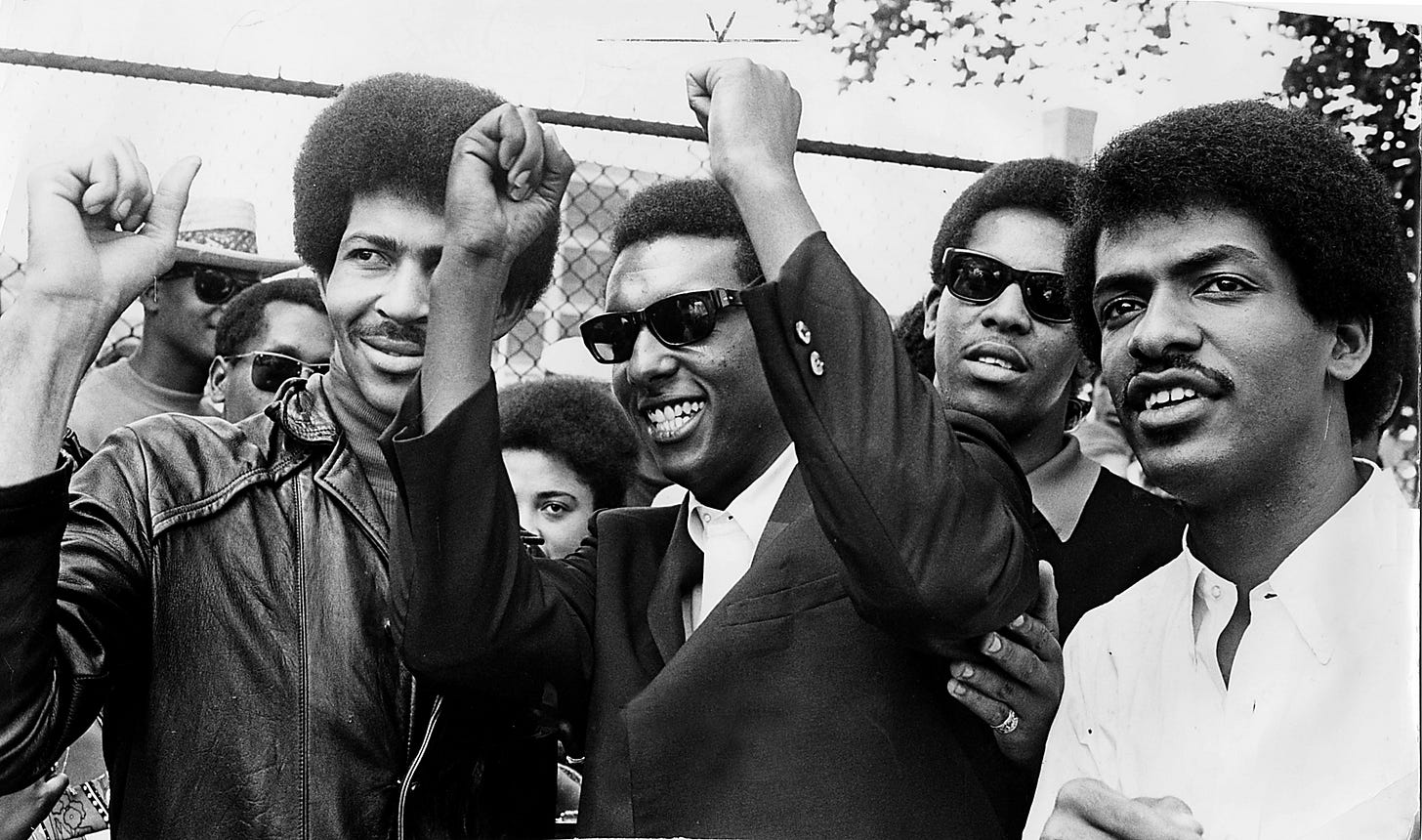
A rich source of African American history. Great resource for teachers, especially high school and beyond. If I were still teaching, I’d use some as extra assignments. Enjoy reading and looking at the pictures. Appreciate the work put into this. Thank you. Keep up the excellent work you do.
I think your posts are amazing. They are way too long for me to read but as I have said before, they constitute a valuable archive and it's great you are doing them. Keep up the good work!